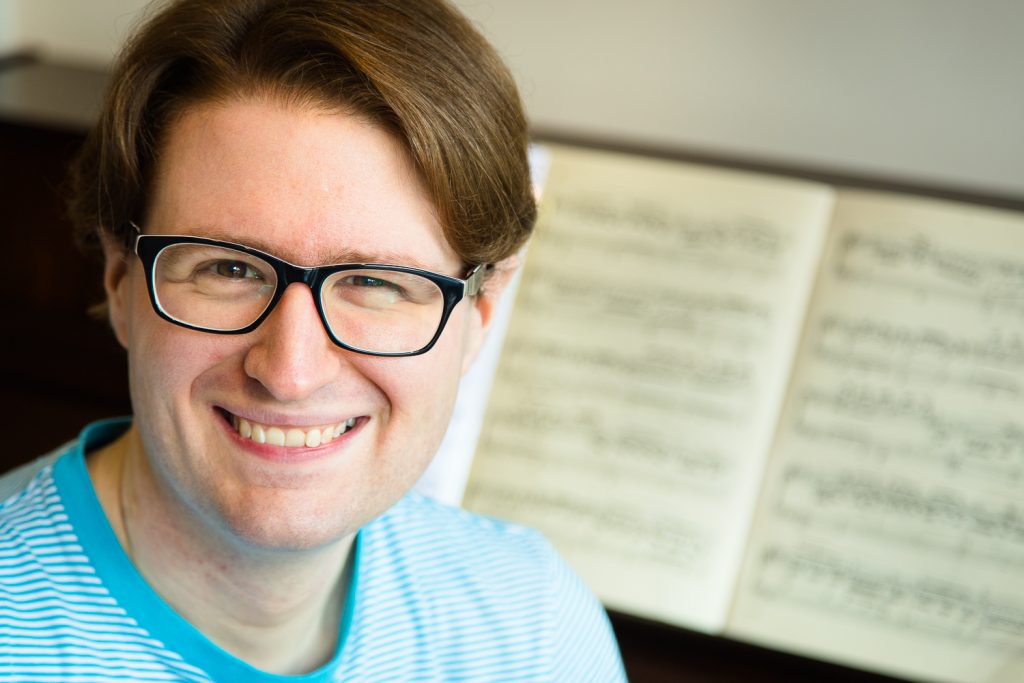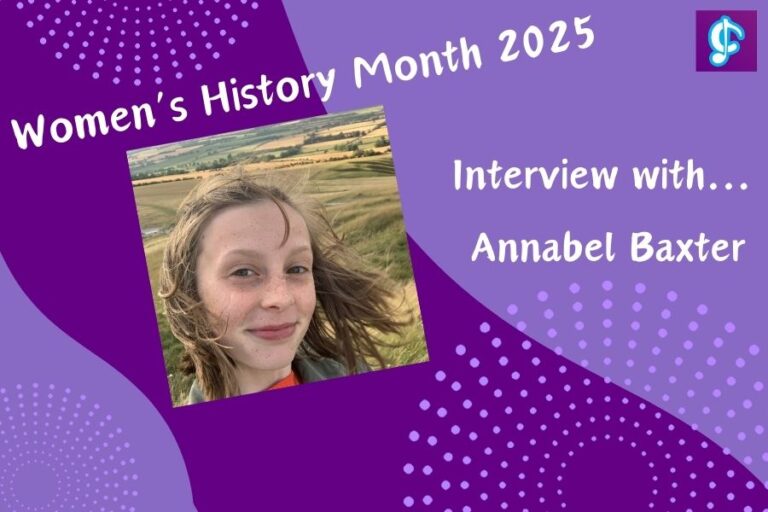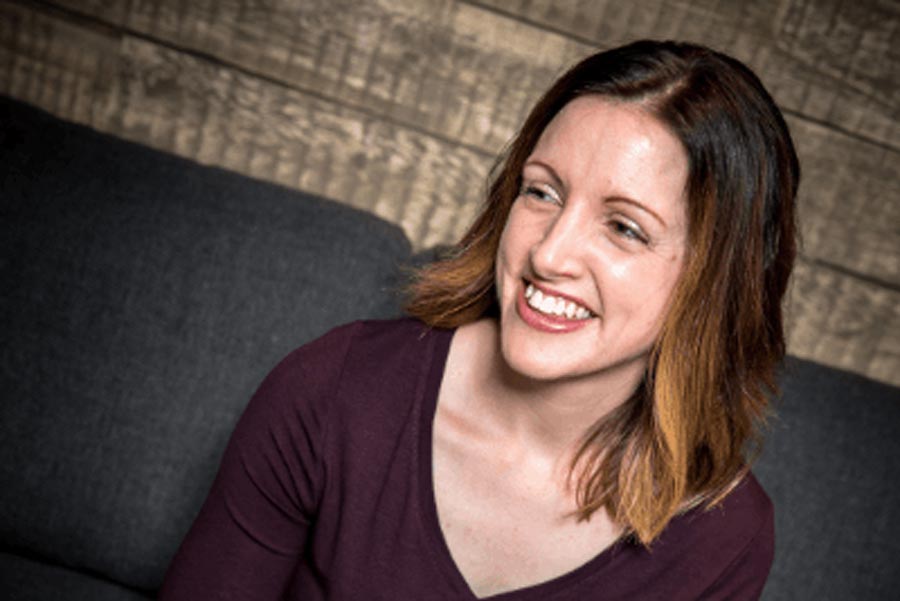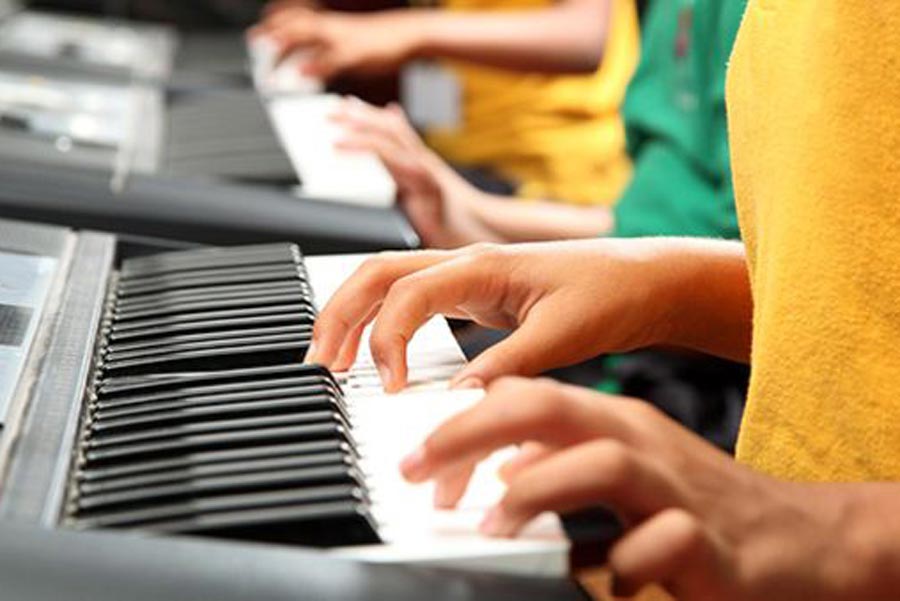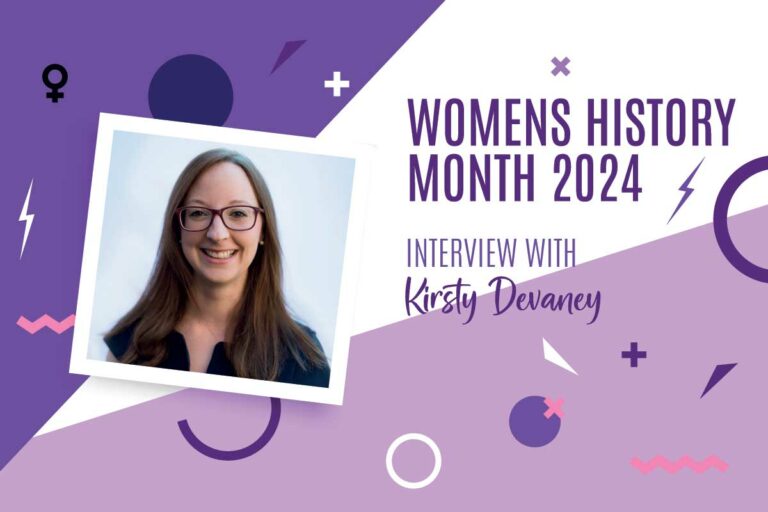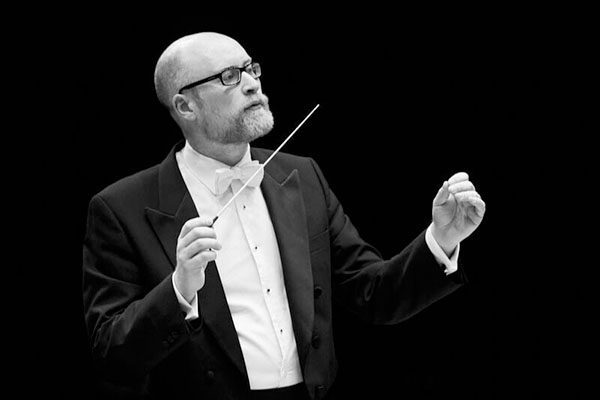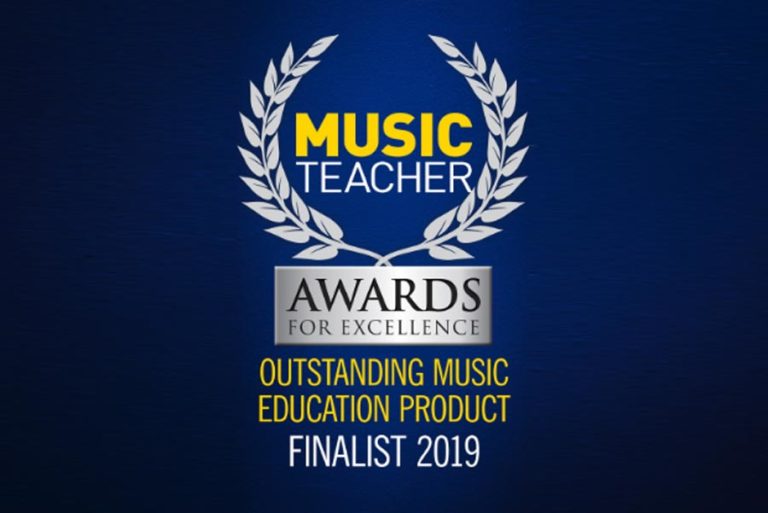David Barton is, in his own words, “deeply passionate about music education”. He is a composer, arranger, private music teacher, piano accompanist, teaching diploma mentor and is currently undertaking research for a PhD. He was recently shortlisted for the prestigious 2018 Music Teacher ‘Inspiration’ Award at the London Music and Drama Education Expo. I got chatting to David about having a portfolio music career, being a published composer and a little bit (but not much!) about his PhD…
First of all, which instruments do you play?
I’ve always sung, but piano and flute are my main instruments. I started piano at the age of six in 1990, and then flute in 1994. Last year I bought an alto flute and have enjoyed getting to grips with that – I’d like to expand up to piccolo and down to bass flute too when funds allow! I’ve also dabbled in oboe and clarinet over the years, and would quite like to pick up the recorder and harp in the future.
You have a successful ‘portfolio’ music career (as a teacher, composer and accompanist). What are the highs and lows of following such a career?
I think one of the highlights is that I get to work with such a diverse mixture of people of all ages and abilities, both amateur and professional. I think that whilst daunting, a portfolio career has allowed me the flexibility to adapt and develop as opportunities arise. I think the lows are probably those experienced by any small business – the unpaid invoices etc. Overall, if you accept that it’s an income which will fluctuate, it’s a very rewarding career. I’d also say, it’s a life, not just a career. There’s very little, if any divide for me between ‘work’ and ‘not work’.
Tell us a little about your journey as a composer…
I think I’ve always written music. As soon as I started piano lessons, I used to pick out little tunes on the keyboard and get my teacher to write them down. I don’t think any kind of ‘serious’ composing took place until I was nearing to top of secondary school. Much evolved out of the groups and people I was involved with, and so writing things for our then church youth group was a pivotal point. I think that beyond that, I just kept composing, and still am! Like any creative activity, there are lean and busy periods. Having time (and not just time, but the right sort of time) is variable and this impacts on how much I write.
Click on the videos below to listen to some of David’s compositions:
Do you use music software when composing or sit at the piano (or both)?
Both, though I would say that having moved from using Sibelius to DORICO means that composing straight into the computer is now so much easier. Yes, sometimes, I scribble things on manuscript paper, but more often than not these days, I sit at the piano with the laptop on my lap.
Which composers are you influenced by?
I guess that as composers, we’d all like to think we have our own ‘voice’ and yes, we do; but, it’s impossible to get away from the fact that we’re influenced by the music we play and listen to. If I had to put some names down, Vaughan Williams, Herbert Howells, and John Rutter would all be there.
Do you have a favourite piece of music?
Almost impossible to answer! Ask me every day in a year and it would probably be something different. That said, there are pieces which mean a lot to me, for example, Vaughan Williams’s Fantasia on a Theme by Thomas Tallis, Herbert Howells’s Take Him, Earth for Cherishing (listen to both of these below) and John Joubert’s O Lorde, the Maker of Al Things are all very special.
Your first piece was published about 14 years ago – how easy was it to get your work in print?
The honest answer is it was really hard, and still is. Possibly naively, when I started to explore the possibility of getting things published, I approached the ‘big name’ publishing houses which was probably a mistake. It took a while, and many rejections, before I found a home for my first piece. I guess that over the years, I’ve tended to adjust my composing to what I know publishers will be interested in. That said, even now, with over 100 pieces in print, it still very much depends on a publisher seeing the potential in each individual piece you write. The fact you have an extensive catalogue of published works, is not necessarily any greater an advantage when approaching publishers. I have also dabbled in self-publishing, and this is something I’d like to explore more seriously in the future.
What is your favourite instrument(s) to write for?
I think that writing choral music will always be my first love.
How far does individual skill on an instrument affect ability in composing for it?
I suppose it’s inevitable we will always be more confident in writing for instruments which we ourselves play, but I don’t think that excludes writing for any other instrument or combination of instruments. Getting to know how they work and what they can do is important. I’ve always found it useful to be able to send pieces to friends to check through to ensure they’re playable. It’s worth remembering that a composer writing an orchestral piece will never play every instrument.
You are currently studying for a PhD in Music Education – whilst undertaking your research, has anything surprised you?
Lots, but I can’t give too much away yet! Watch this space…
What advice would you give to any budding composers or students considering a career in music?
Believe in what you do and surround yourself with people who believe in you too. I think that finding people prepared to mentor and guide you is really useful too.
Finally, congratulations on being a finalist for the ‘Inspiration Award’ in the prestigious 2018 Music Teacher Awards. How did it feel to be shortlisted?
I was shocked – I still am. It’s was a huge surprise and a great honour to be nominated, especially when I know so many other people who are equally deserving!
You can find out more about David and listen to his compositions on the David Barton Music website.
